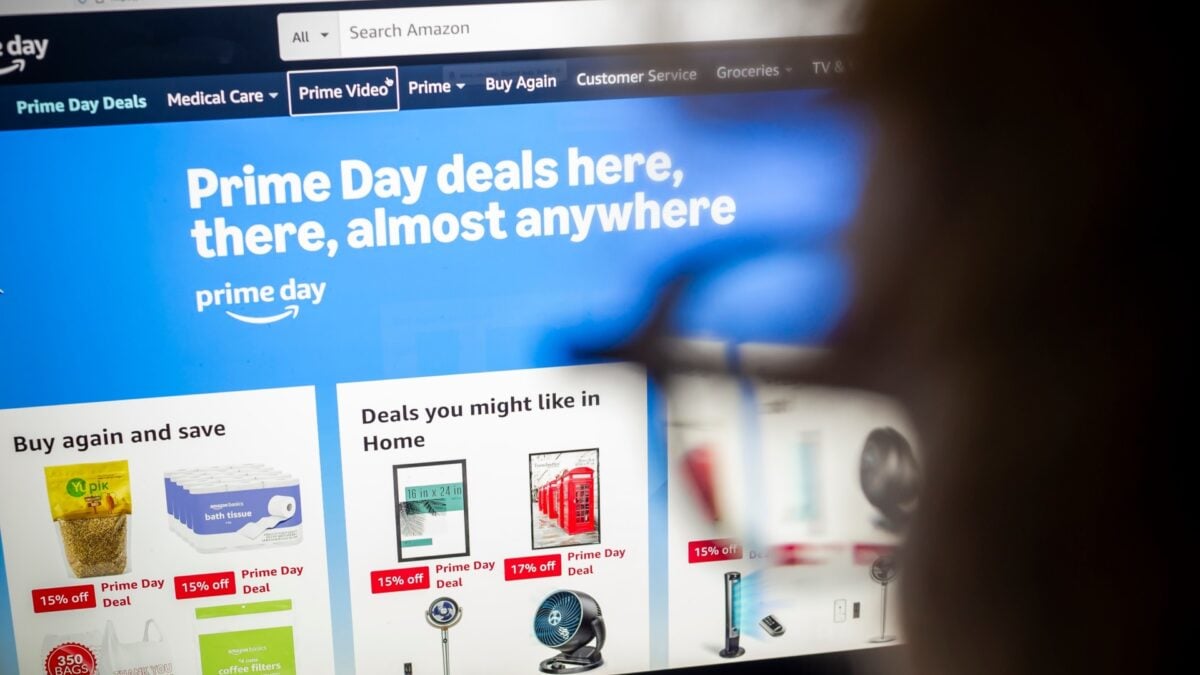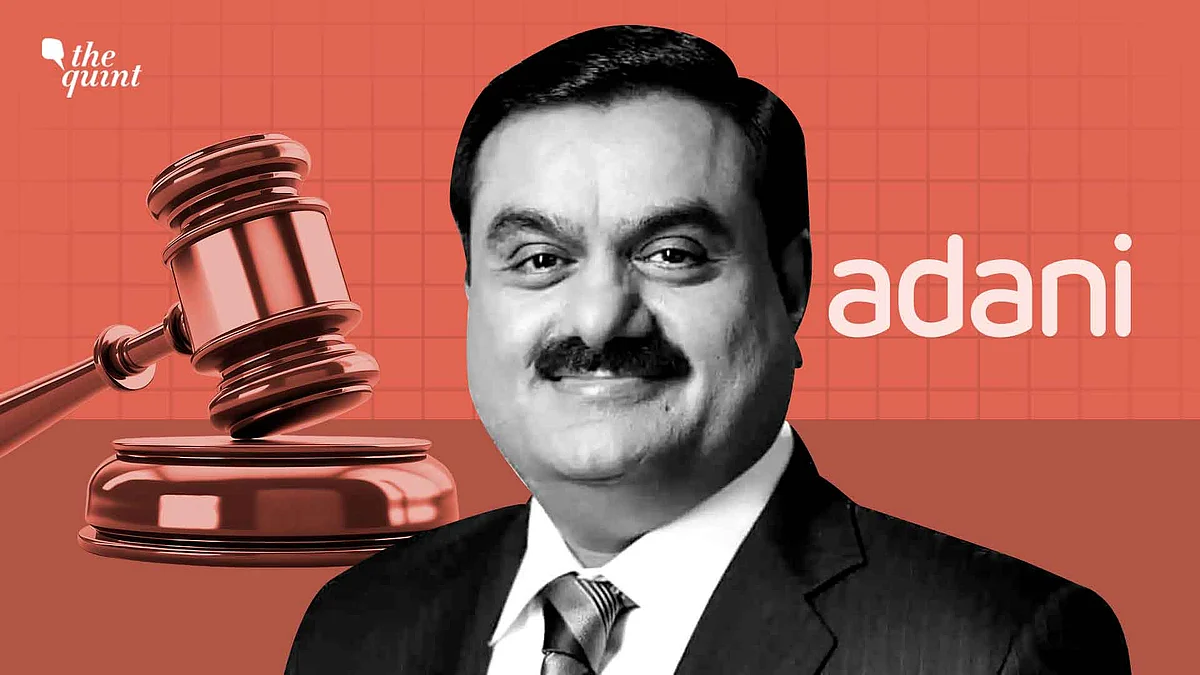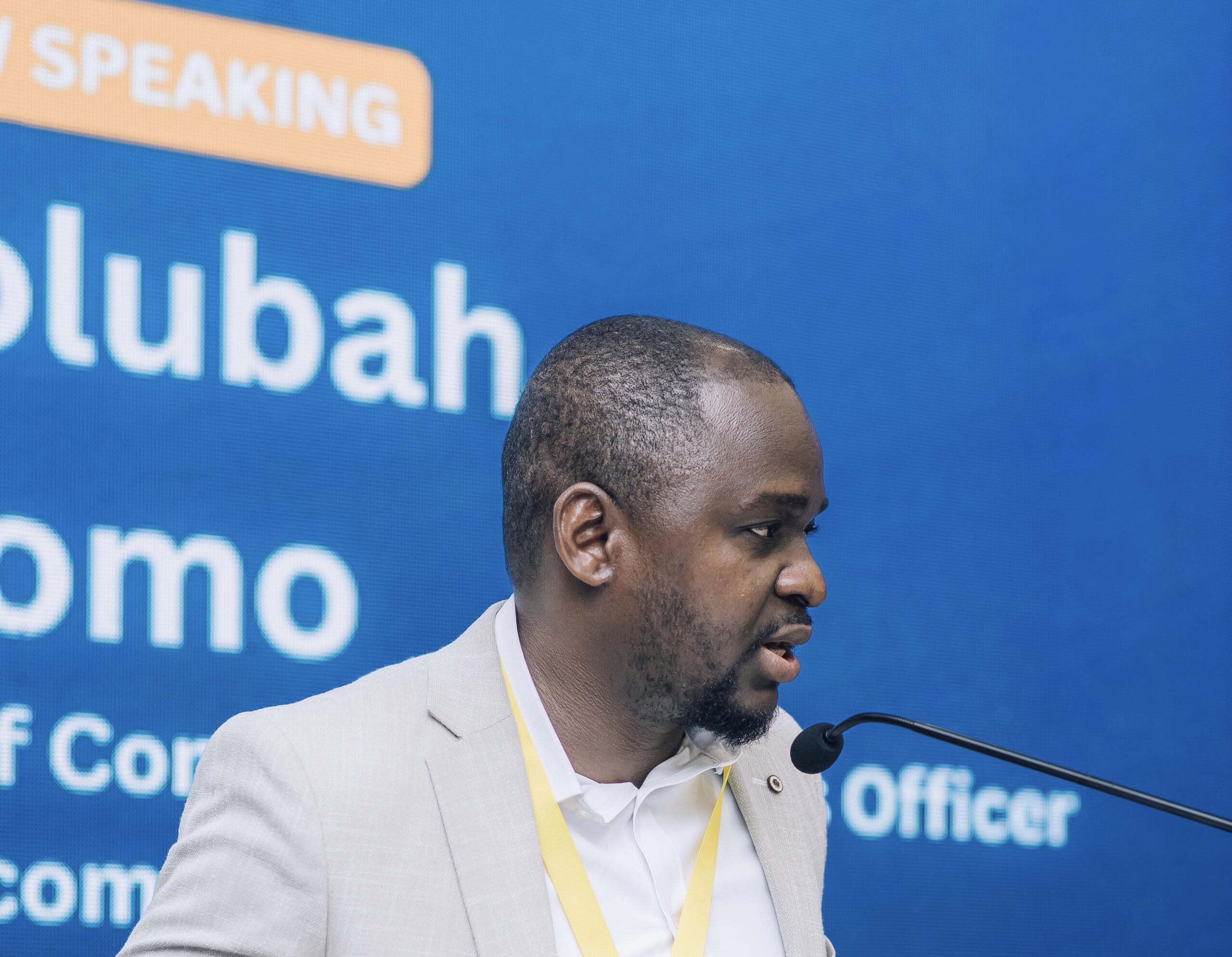The Trump Admin Is Suing Amazon for Tricking People Into Prime Subscriptions. Here’s How That Might Affect You

The Federal Trade Commission is taking Amazon to court this week over the tech giant’s moneymaker Prime subscription program.
In a trial set to last for the next month, FTC is claiming that Amazon tricked millions of customers into signing up for a Prime membership and then made it very tough to cancel said subscription.
“Millions of consumers accidentally enrolled in Prime without knowledge or consent, but Amazon refused to fix this known problem, described internally by employees as an ‘unspoken cancer’ because clarity adjustments would lead to a drop in subscribers,” the FTC wrote in a court filing from earlier this month.
“Similarly, Prime’s cancellation flow, known internally as “Iliad,” is a labyrinthian mechanism that Defendants know deters consumers from cancelling or misleads consumers into believing they successfully cancelled Prime when they in fact did not,” the FTC said.
The lawsuit was filed two years ago under Biden-era FTC, then led by big tech hawk Lina Khan. It is going to be Amazon’s first major showdown with the FTC, but there is a second one already on the horizon. The FTC separately delivered its first set of antitrust charges to Amazon two years ago, and the trial for that is set to start in early 2027.
Prime is a huge moneymaker for Amazon. The tech giant made more than $44 billion just from subscriptions last year. That number includes other subscription services under Amazon, like audiobooks and music streaming, but Prime is the leading source. On top of the billions of dollars in subscription revenue, Prime users also generate a lot of money for Amazon in online purchases.
Details of the case
FTC argues that Amazon buried price and subscription renewal terms in the fine print when users sign up for a free trial, and includes confusing language that tricks people into accidentally signing up for an Amazon Prime trial. The confusing language allegedly includes tempting users with free shipping when they check out, not sufficiently clarifying that clicking that link would sign them up for an Amazon free trial that automatically renews after 30 days.
Then, when users want to cancel their Prime subscriptions, Amazon makes them go through a multi-step process allegedly designed to convince them not to cancel. The process is allegedly referred to internally as “the Iliad,” named after the ancient Greek epic depicting the decade-long Trojan War, famous for its grand deception with the Trojan Horse. Very on the nose.
I went through to see this cancellation process myself, and it is long. It makes you jump through many pages, tempting you with exclusive offers and TV shows you can only watch on Prime Video.
While I wasn’t lucky enough to see this particular attempt, the FTC filing claims that in one version of the many webpages that Prime shows you before you can cancel you membership, consumers were greeted by a banner message that said “thank you for being a member with us. Take a look back at your journey with Prime,” a couple pages before the cancellation was confirmed and final. The FTC claims that might make some prematurely believe that their membership is cancelled, and they don’t have to do anything else.
These practices, the FTC alleges, violate Section 5 of the FTC Act, which prohibits “unfair” commerce practices like unauthorized billing. They go against the Restore Online Shoppers Confidence Act, also known as ROSCA, which says that companies should clearly disclose all terms to consumers before getting their billing information, get explicit consent before incurring any charges, and make cancellation simple.
Amazon is not the sole defendant
Amazon is also not the only defendant in the case. Three Amazon executives—Jamil Ghani, Neil Lindsay, and Russell Grandinetti—are all named as individual defendants. The FTC alleges that Prime’s vice president Jamil Ghani, and Amazon Health Services’ senior vice president, Neil Lindsay, approved clarity improvements to Prime’s enrollment flow but immediately rolled them back when management saw a drop in Prime enrollment. Amazon’s senior vice president of international consumers, Russell Grandinetti, is accused of dismissing internal concern over the unintentional enrollment issue in favor of increasing the growing paying subscriber base.
The trial will begin with opening arguments on Tuesday. But the government already had its first win. Judge John H. Chun of the U.S. District Court for the Western District of Washington handed the FTC a preliminary win last week when it concluded that both Lindsay and Ghani would automatically be considered liable if the court finds Amazon guilty.
“The bottom line is that neither Amazon nor the individual defendants did anything wrong – we remain confident that the facts will show these executives acted properly and we always put customers first,” an Amazon spokesperson told Gizmodo.
‘Dark patterns’
“How do you trick someone into signing up for a service?” you may ask. The FTC claims that Amazon does that by cleverly crafted design choices that confuse customers into signing up for memberships, or make the cancellation processes confusing enough that you don’t realize you haven’t successfully cancelled the membership yet.
These deceptive design techniques are called “dark patterns” and are used by many online platforms to manipulate behavior. It’s when platforms carefully and knowingly craft users to do whatever they want them to do, whether it be agreeing to join a free trial for Amazon Prime or saying yes to a cookie consent form that wants to sell your data to a third party.
Dark patterns are increasingly coming under scrutiny. The European Union is preparing to address these concerns as well under the Digital Fairness Act next year.
Implications beyond Amazon
Amazon is hardly the first subscription service to employ a grueling membership cancellation process only akin to a notorious ancient war. But it is, the FTC argues, one of the largest subscription services to do so. If the court rules in the FTC’s favor in this case, it could spark a widespread chain reaction that affects the way other subscription services conduct their business.



